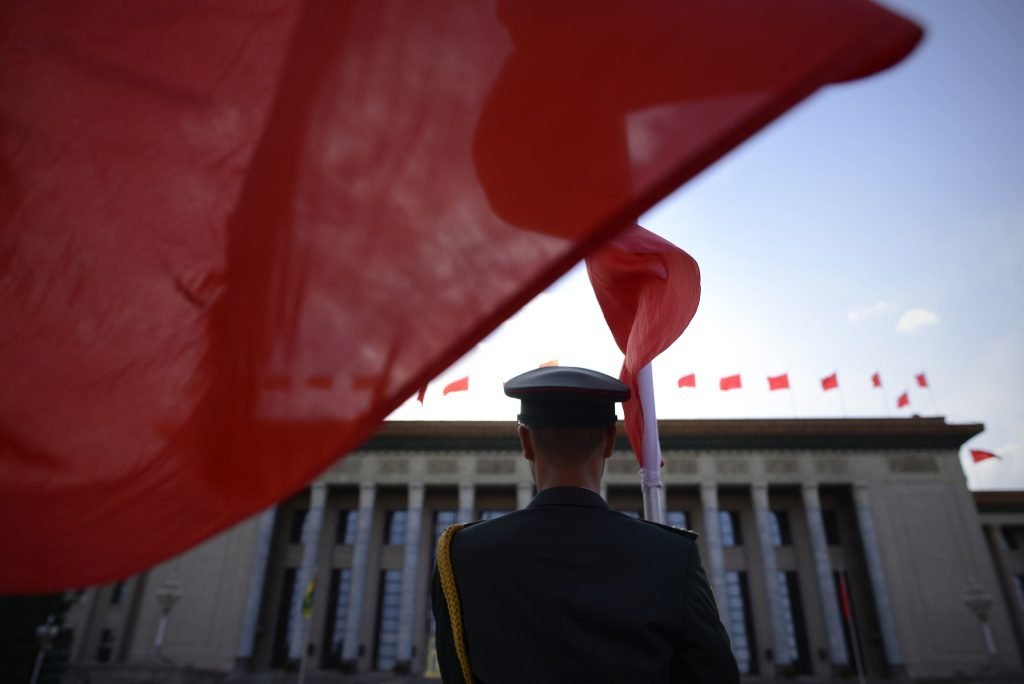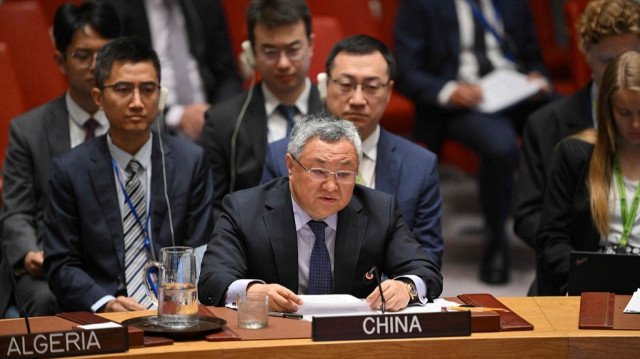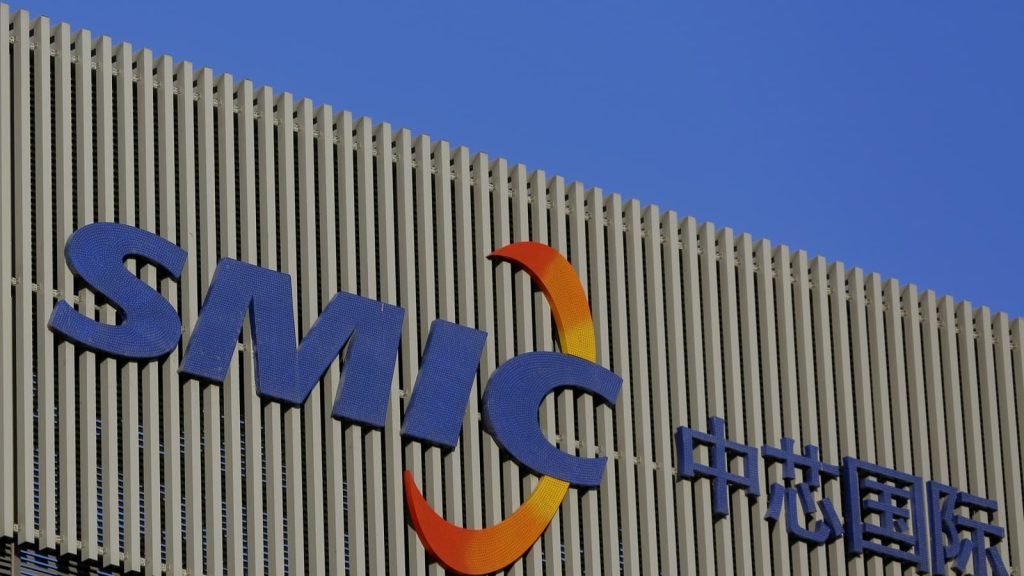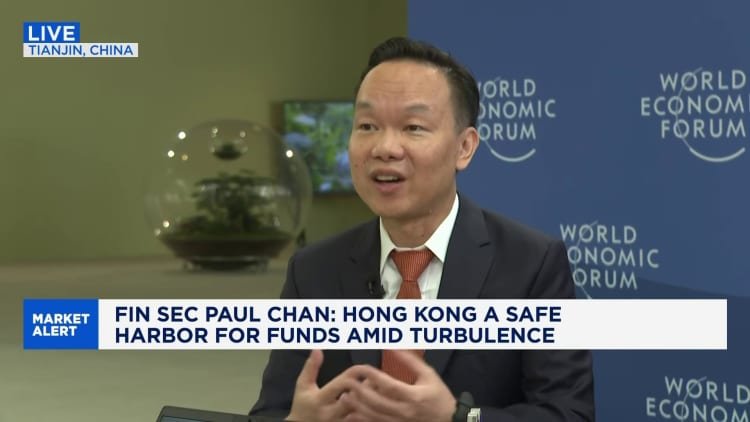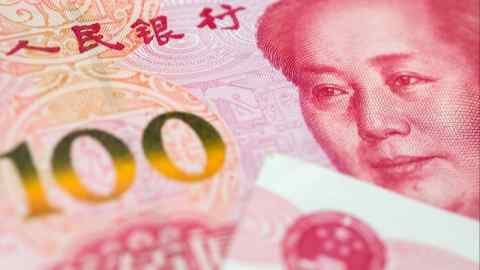Starbucks has held preliminary talks with more than a dozen potential buyers, Caixin also reported on Monday, citing sources who did not specify what was for sale.
Starbucks kicked off a formal sale process of its China operations in May, inviting interested buyers to submit answers to a list of questions by the end of last week, said three sources with knowledge of the situation.
The Seattle-based company, advised by Goldman Sachs, asked interested buyers about their corporate culture, management style, sustainability measures, how they treat employees as well as the potential deal structure and business plan for Starbucks China, said the people, who declined to be named as the information was not public.
Starbucks however has not decided yet whether to sell a controlling or a minority stake in its China business, or whether it will keep some parts of its China operations such as its supply chain, said two of the sources.

Live Events
Starbucks declined to comment further on the details of the sale process. Goldman Sachs did not immediately respond to a Reuters request for comment. Starbucks opened its 1.5 billion yuan ($209 million) Coffee Innovation Park in the city of Kunshan, neighbouring Shanghai, in 2023. The 80,000-square-metre roasting plant has the capacity to supply all of Starbucks China’s stores. More than 20 institutions responded to Starbucks, including a number of private equity firms, one of the sources said.
Starbucks is expected to shortlist buyers for next steps, two of them said.
“The purpose was to let everyone tell their story freely and choose whatever the best prospect it is and proceed,” one of them said.
KKR & Co, Fountainvest Partners and PAG are among buyout firms interested in acquiring a stake in Starbucks’ China business.
The sale comes as Starbucks has lost market share to lower-priced Chinese rivals in recent years as consumers tighten their purse strings and ever-cheaper options from fast-growing rivals Luckin and Cotti made it more difficult to justify prices of around 30 yuan ($4.20) per cup of coffee.
Starbucks’s market share in China has declined from 34% in 2019 to 14% in 2024, according to data from Euromonitor International, a market research provider.
Price pressures have increased as big e-commerce firms in China offer consumer subsidies to stimulate their food delivery and “instant retail” businesses, referring to deliveries made within one hour.
These subsidies and coupons have pushed the price of a cup of coffee even lower, meaning consumers are often paying less than 5 yuan per cup of coffee delivered to their door.
Earlier this month, Starbucks announced its first-ever price drop in China, lowering the price of some non-coffee iced drinks by an average of 5 yuan.

